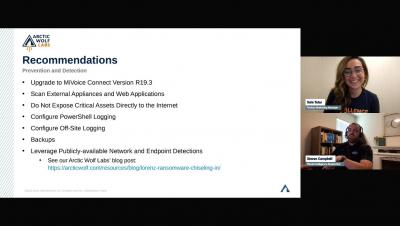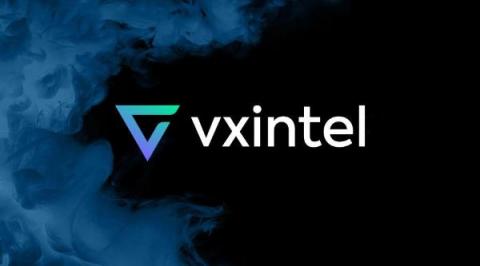Initial Access Brokers: What They Are, How They Gain Access, and Who Uses Their Services
Imagine a burglar. They’ve spent large amounts of time researching their target — your house. They’ve perfected their infiltration techniques, found your weak points, learned your schedule, and know the best time to strike. They’ve shown up when you least expect it and jimmied open the lock on the back door. And now, rather than head inside and steal your valuables, they hold the door open for someone else.









